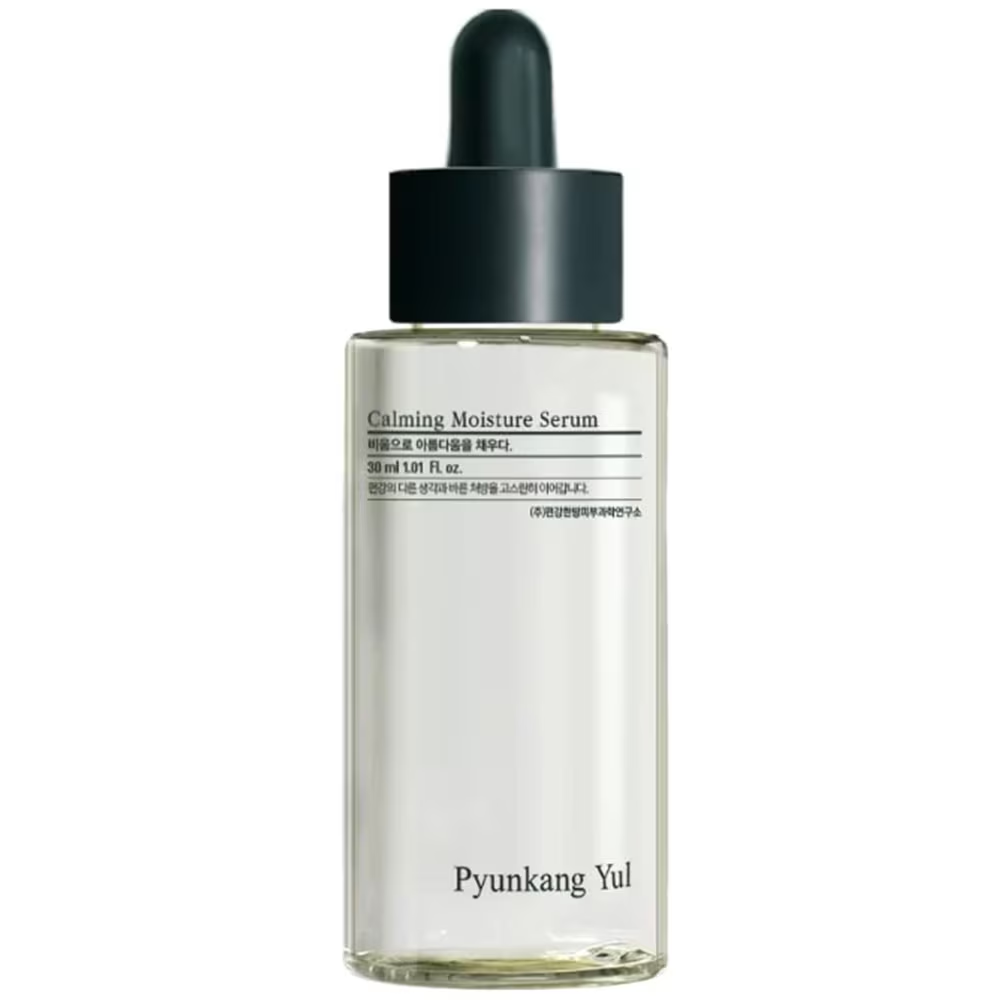Tea Tree
Tea tree oil is an essential oil derived mainly from a plant native to Australia known as Melaleuca alternifolia. Unlike many other essential oils, it’s non-comedogenic and won’t clog pores and when formulated correctly in skin care it can assist to treat acne with its antimicrobial and anti-inflammatory effects. Some of its benefits include:
Kills bacteria – True acne is caused in part due to the presence of p. acnes bacteria on the skin. Tea tree oil has a broad spectrum of antimicrobial activity. This was even scientifically-proven in a study published in 2020 in the Saudi Journal of Biological Sciences, “Terpinene-4-ol is the active ingredient in the tea tree oil that destabilises the cell of the bacteria, essentially killing it”.
Anti-inflammatory – At the same time, it decreases the inflammatory cascades that stimulate inflammation and redness, a major benefit for acne-plagued skin. The science is there to back all of this up as well; in a study, a five percent concentration of tea tree oil was shown to be an effective treatment for mild to moderate acne.
It treats a wide range of acne – Here’s the other nice thing: It can work on both comedonal acne (blackheads, whiteheads, smaller blemishes) and inflammatory acne (big, red, angry pimples). While the anti-bacterial and anti-inflammatory effects make it a slightly better option for the latter, “tea tree oil improves both comedonal and mild to moderate inflammatory acne, reducing the number of acne lesions as well as the severity of these lesions”. So much so, that it’s even been compared head-to-head with another antibacterial acne-fighter, benzoyl peroxide. A study published in the Medical Journal of Australia looked at the direct effects of a five percent concentration of tea tree oil versus five percent benzoyl peroxide. The results? Both treatments effectively addressed comedonal and inflammatory acne. Tea tree oil was a bit slower to work, but, it did win out when it came to having less irksome side effects associated with it.
It’s anti-viral and anti-fungal – Tea tree oil is not only effective against bacteria, but also helps decrease funguses and viruses on the surface of the skin.
Heals minor cuts and scrapes – Accord to a 2006 study, tea tree oil helps kill S. aureus, a type of bacteria that can cause infection in open wounds. It also increases white blood cell activity, helping to reduce healing time.
Showing 1–28 of 37 results
-
-
-
-
-
-
-
-
R85.00 – R235.00 inc. VAT Select options This product has multiple variants. The options may be chosen on the product page
-
-
-
-
-
-
-
-
-
R30.00 – R450.00 inc. VAT Select options This product has multiple variants. The options may be chosen on the product page
-
-
-
-
-
-
-
-
-
Showing 1–28 of 37 results




























